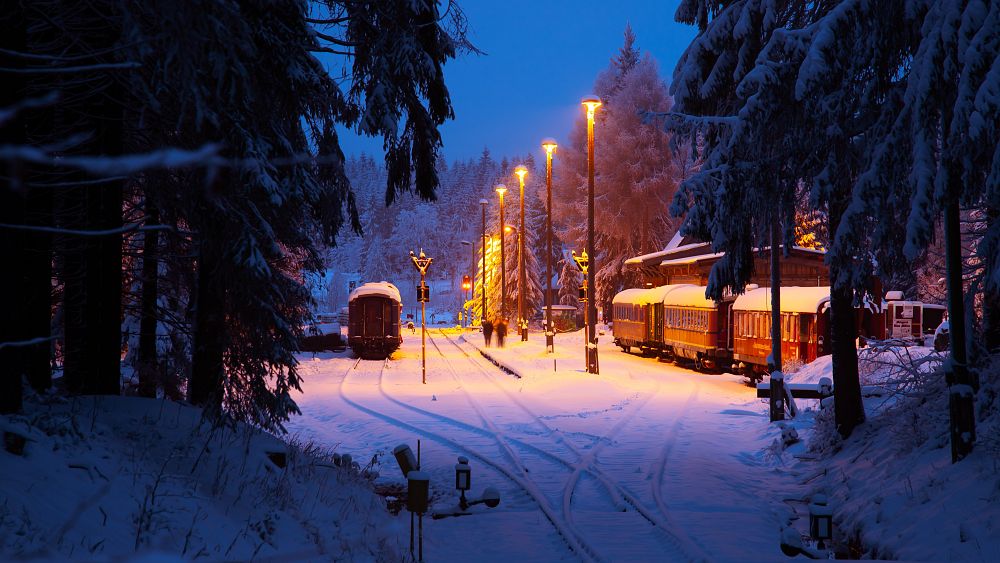A major rail route connecting France and Italy looks set to remain out of use until summer 2024. It was forced to close following a landslide this August.
The transalpine line was a key method of transport for tourists taking advantage of the ski season and Christmas holidays in the two European countries.
With the train link now unavailable this winter, visitors will have to fly or drive between the two destinations.
Authorities are warning of much heavier traffic on roads and increased demand for flights, with both adding carbon emissions to the atmosphere.
Key Italy-France rail link closed until summer 2024
Train services connecting Italy and France were suspended following a landslide in the Maurienne Valley area on 27 August.
Some 10,000 cubic metres of rock fell following torrential rain in Saint-André à La Praz, around 20 kilometres from the French border with Italy.
It forced the Fréjus tunnel, a major road link between St Michel de Maurienne and Modane, to close temporarily.
A little over a week after the incident, the tunnel reopened to vehicles.
The adjacent Fréjus rail tunnel remains shut, however, as repair work takes place.
Initially, the line was expected to reopen after two months, but French authorities now say works are proving more challenging than anticipated.
François Ravier, Savoie official and regional director of French rail operator SNCF, told press that construction would last another seven months, hopefully finishing in summer 2024.
At the moment, efforts are still underway to secure the zone affected by the landslide, according to Italian newspaper La Stampa.
Predictions are that the route could reopen in June 2024, although there’s a chance services could remain suspended until September affecting the busy summer season.
How is the Italy-France rail tunnel closure affecting tourism?
Major rail services are affected by the continuing closure of the Fréjus rail tunnel. The TGV and Frecciarossa trains between Paris and Milan are not running and freight trains are also having to find alternative solutions.
This will mean “long and expensive detours through Switzerland,” according to the Transalpine Lyon-Turin railway committee.
Travellers are expected to “turn to the car for medium-distance journeys and flights for long distances,” the committee said. France has been trying to reduce short-haul flights.
The flight connection between Paris and Milan is already one of the busiest in Europe. Spanish low-cost airline Volotea has announced additional flights on the route in response to more demand.
Travellers driving between Maurienne and the Susa Valley as well as on the Turin ring road should prepare for heavier traffic.
Furthermore, the Mont Blanc road tunnel is scheduled to close between 16 October and 18 December for maintenance which could cause greater disruption in the run up to Christmas.
Preparations are underway for a ‘transport hub’ at the Saint-Michel-de-Maurienne station in time for the 2023-24 ski season, according to Italian newspaper Il Sole 24 Ore. From here, TGV passengers will be able to board shuttle buses to resorts in the area.


